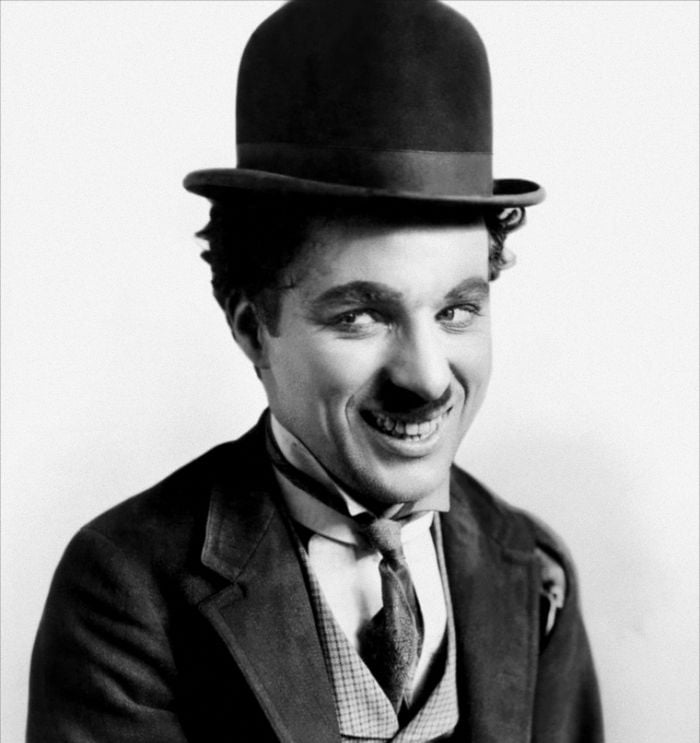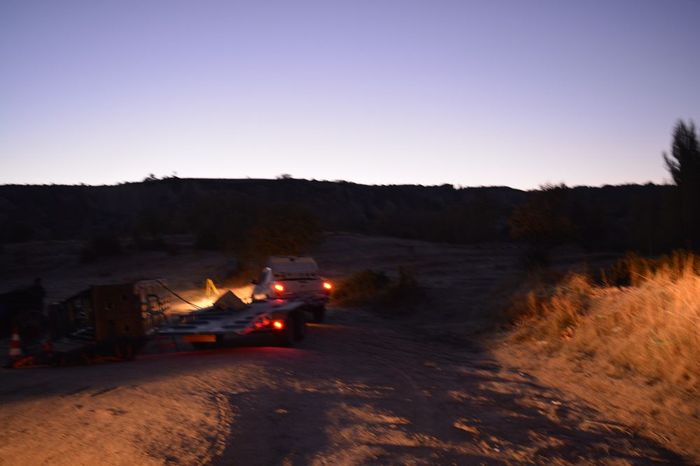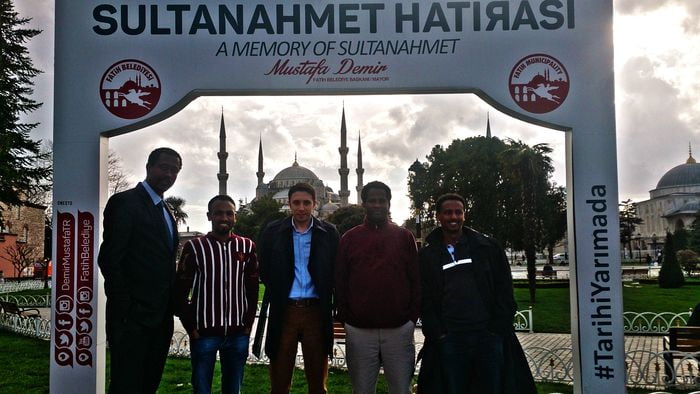During the intermission before the second half, I questioned my aunt and found that the “Prize Song” was not new to her. Some years before there had drifted to the farm in Red Willow County a young German, a tramp cow-puncher, who had sung in the chorus at Bayreuth when he was a boy, along with the other peasant boys and girls. On a Sunday morning he used to sit on his gingham-sheeted bed in the hands bedroom which opened off the kitchen, cleaning the leather of his boots and saddle, singing the “Prize Song,” while my aunt went about her work in the kitchen.
Boyish face
She had hovered over him until she had prevailed upon him to join the country church, though his sole fitness for this step, in so far as I could gather, lay in his boyish face, and his possession of this divine melody. Shortly afterward, he had gone to town on the Fourth of July, been drunk for several days, lost his money at a faro table, ridden a saddled Texas steer on a bet, and disappeared with a fractured collar-bone. All this my aunt told me huskily, wonderingly, as though she were talking in the weak lapses of illness.
“Well, we have come to better things than the old Trovatore at any rate, Aunt Georgie?” I queried, with a well-meant effort at jocularity.
Her lip quivered and she hastily put her handkerchief up to her mouth. From behind it she murmured, “And you have been hearing this ever since you left me, Clark?” Her question was the gentlest and saddest of reproaches.
The second half of the program consisted of four numbers from the Ring, and closed with Siegfrieds funeral march. My aunt wept quietly but almost continuously, as a shallow vessel overflows in a rain-storm. From time to time her dim eyes looked up at the lights, burning softly under their dull glass globes.
The deluge of sound poured on and on; I never knew what she found in the shining current of it; I never knew how far it bore her, or past what happy islands. From the trembling of her face, I could well believe that before the last number she had been carried out where the myriad graves are, into the gray, nameless burying grounds of the sea, or into some world of death vaster yet, where, from the beginning of the world, hope has lain down with hope and dream with dream and, renouncing, slept.
The concert was over; the people filed out of the hall chattering and laughing, glad to relax and find the living level again, but my kinswoman made no effort to rise. The harpist slipped the green felt cover over his instrument; the flute-players shook the water from their mouthpieces; the men of the orchestra went out one by one, leaving the stage to the chairs and music stands, empty as a winter cornfield.
I spoke to my aunt. She burst into tears and sobbed pleadingly. “I dont want to go, Clark, I dont want to go!”
I understood. For her, just outside the concert hall, lay the black pond with the cattle-tracked bluffs; the tall, unpainted house, with weather-curled boards, naked as a tower; the crook-backed ash seedlings where the dish-cloths hung to dry; the gaunt, moulting turkeys picking up refuse about the kitchen door.
Read More about Silence part 3








